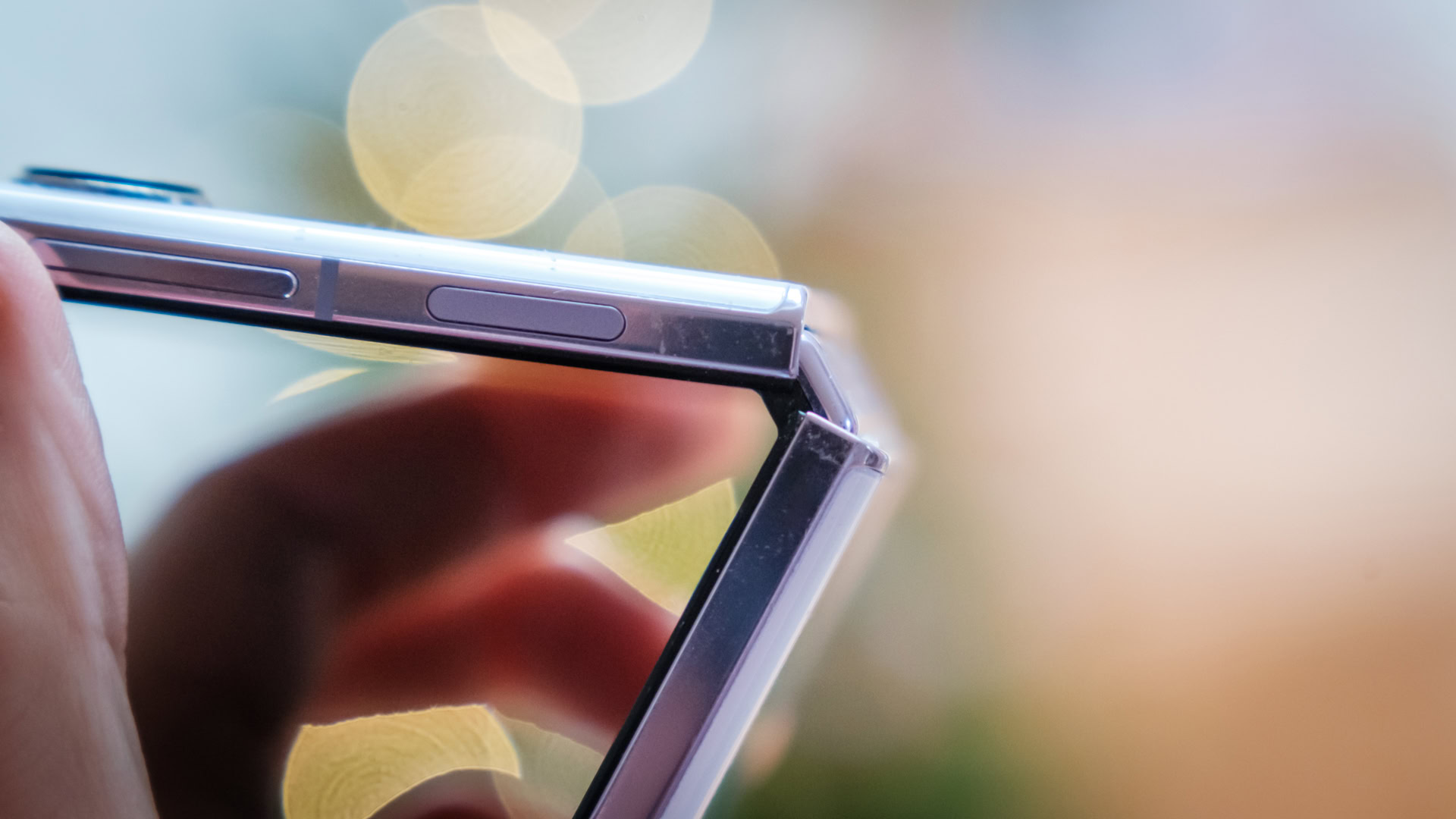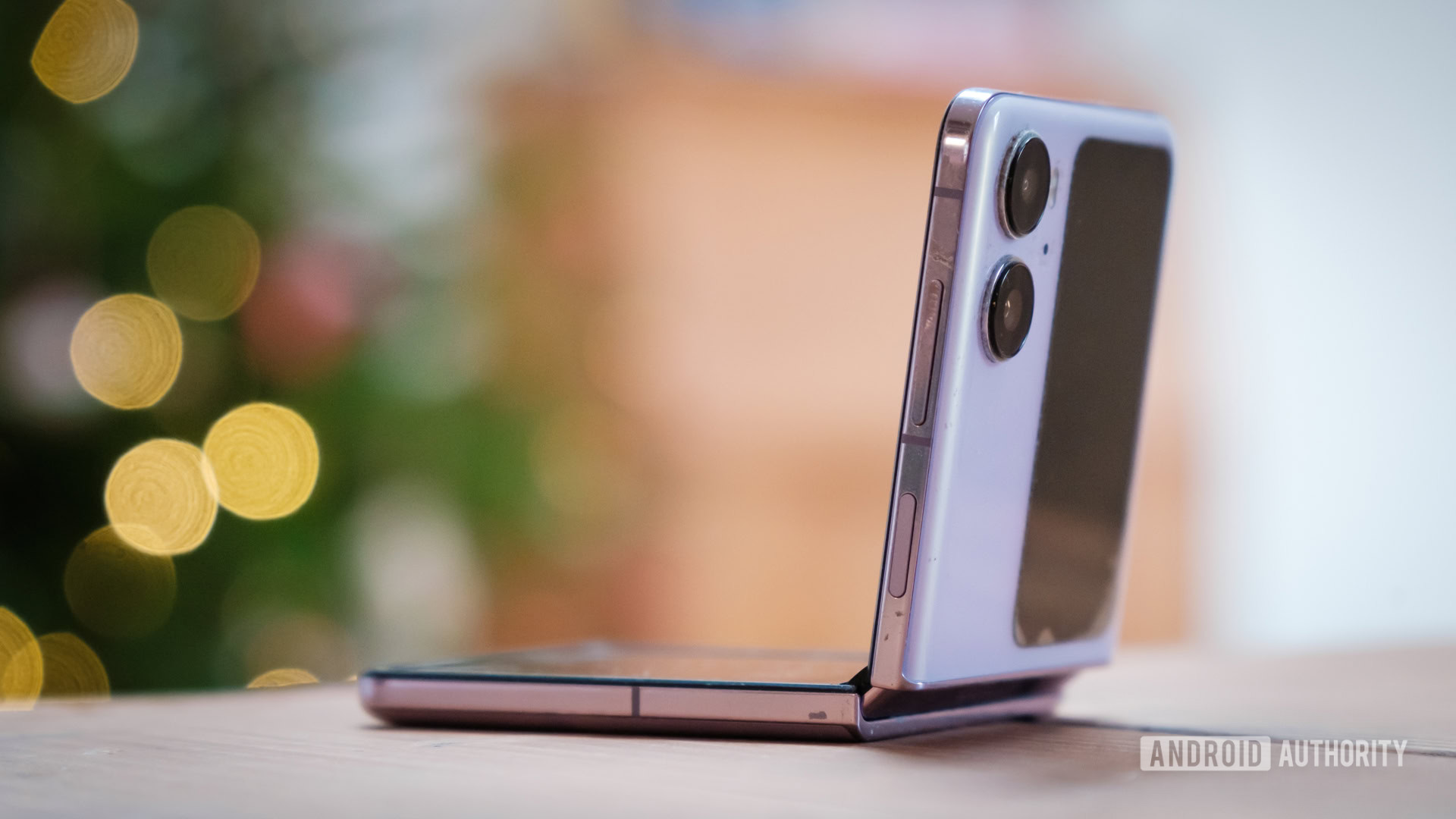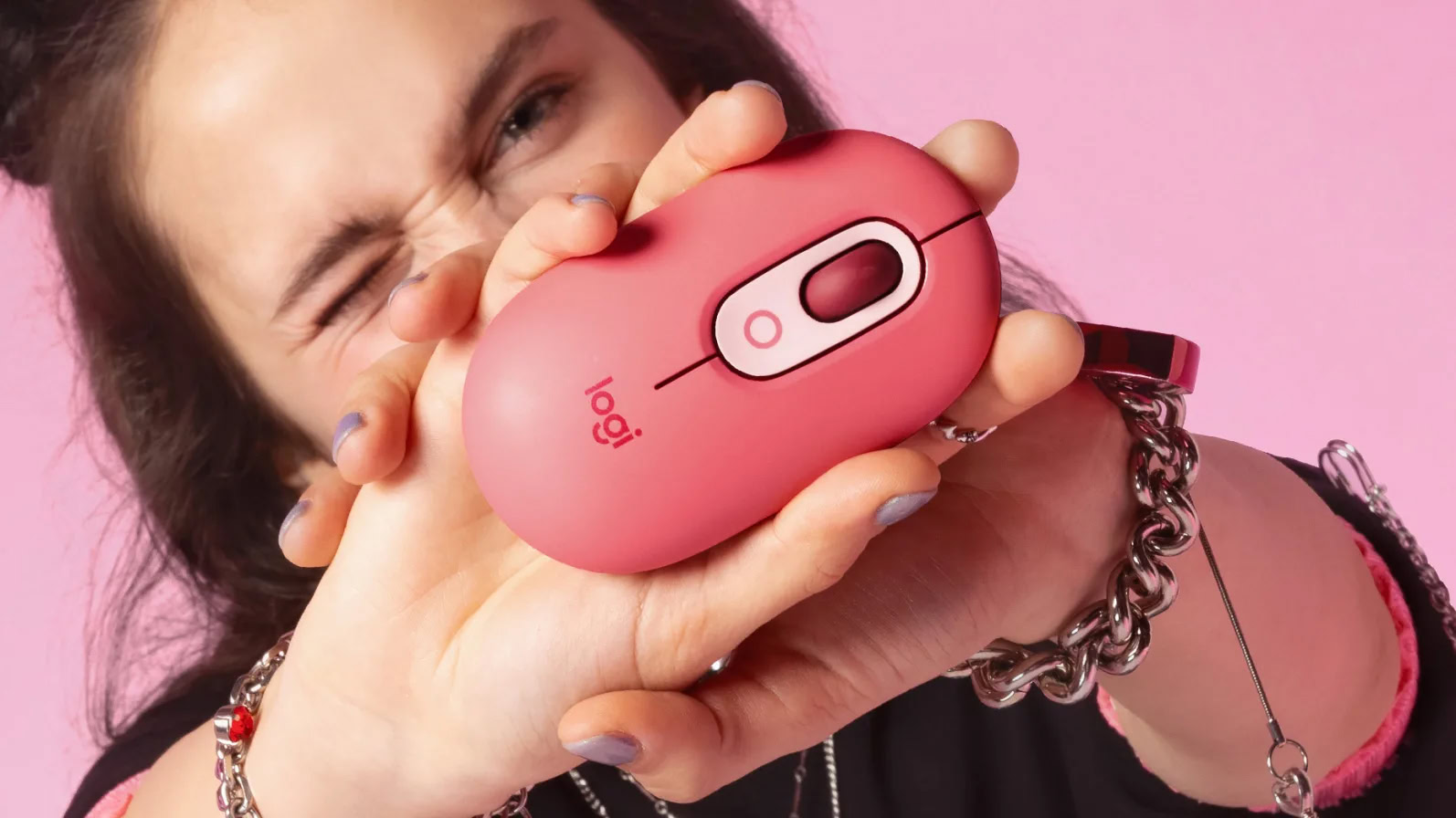
Robert Triggs / Android Authority
Today, I’m writing on behalf of my wife — a relatively recent convert to the foldable phone clan after peering over my shoulders during many a review. She grabbed late 2022’s OPPO Find N2 Flip last year, but after just under twelve months with the phone, second thoughts are creeping in. The key reason — an increasingly flimsy hinge, leaving the top half of the phone flapping in the breeze.
OK, that might be a slight exaggeration; it’s more of a wobble rather than the display hanging off its hinges. It’s certainly not broken enough to try wrangling a warranty claim. But that’s no consolation when you’re being driven mad by a metronomic “click-clack-click” while the phone’s sat in the navigation dock. The once reassuring and satisfying snap open has been replaced by flimsiness and dread.
Do you still worry about the durability of foldable phones?
0 votes
Worryingly, the premium clamshell has only seen about one year of use, and that hinge is only going to loosen in the months ahead. I wouldn’t say she’s been particularly hard on this phone in that time; it follows a very standard daily routine as a sat-nav to work, video companion while pottering around the house, and means to ask my always noncommittal opinion on what to pick up for dinner. Yes, it’s had the odd bump and scrape, but nothing out of the ordinary — the handset is in otherwise pretty good condition. Sadly, it looks increasingly doubtful that the phone will make it through those four years of promised OS updates — hardly value for money, even if it was initially priced a bit cheaper than Samsung’s Flip. Annoyingly, this just isn’t the sort of potential problem you can pick up while reviewing a phone, even after spending a few weeks with it.
You worry about the screen, but it's a wobbly hinge that's got me down.
Of course, issues with even the best foldable phones are nothing new, and the slightly older Find N2 Flip is not going to be quite as robust as the improved models you can buy today. Still, it wasn’t OPPO’s first outing in the foldable space, and the company proudly boasted a 400,000 fold guarantee for that display. Obviously, she’s not opening the phone 1,000 times a day, so is nowhere near hitting that mark after just twelve months. It’s a shame that the hinge mechanism is clearly not as robust as that wonderful and still near-creaseless display, or at least not robust enough to survive a year with my wife.

Robert Triggs / Android Authority
This situation hasn’t dampened my significant other’s enthusiasm for clamshells too much; she still adores the more compact and fashionable look and the 00s nostalgia of that screen-close snap. The camera’s not bad either, and it’s just generally made phones a bit more fun again. I asked her if she’d pick a foldable again next time, and there was a moment’s hesitation before she said, “Yes, I would, but not for $1,000 if it’s not going to last.”
Issues like this aren’t helped by the fact that gadget warranties are surface-level, at best, especially for these more delicate form factors. A bare minimum of twelve months’ basic warranty remains the standard in the US, even for top brands like Samsung, although two years is thankfully the minimum in the UK and EU. But I doubt you’d even be covered for this sort of inconvenience; given that the hinge mechanism still technically works, I can imagine manufacturers chalking this sort of gripe up to cosmetic damage or careless wear and tear. Even if you spring for costly care packages, it’s doubtful this sort of issue would be fixed without stumping up again for an excess. And who wants the hassle of sending their phone away barely a year after making a purchase?
My wife still likes foldables, but high prices make it less likely she'll pick one again.
My wife is certainly not alone in her foldable woes; you’ll find other complaints dotted around online that range from dirt getting into the hinge to dead display pixels in the crease on practically every foldable on the market. Still, if you’re thinking about buying a flexy phone, don’t let this tale completely put you off. This is just one experience that should be weighed sensibly against the thousands of happy customers, and the trusty Flip is still working well enough. It’s more of a cautionary tale in adopting more unique form factors, even when we might assume all the teething issues would be sorted out by now. More moving parts means more things can go wrong, after all, and foldables still aren’t as robust as the classic slab.
After all this, my recommendation would be to test the waters with a more affordable foldable first to see if it can keep up with the rigors of your life for a year or two. It might sound counterintuitive, as cheaper is often synonymous with inferior quality, but you don’t have to spend top dollar for a solid foldable these days. Motorola’s Razr (2024) offers a very compelling entry point at $700, complete with new Moto AI features. That’s still not cheap by any means, but a lot less than the $1,100 Samsung wants for its latest Galaxy Z Flip 6. I know which one would give me the more significant buyer’s remorse if something were to go wrong.








 English (US) ·
English (US) ·